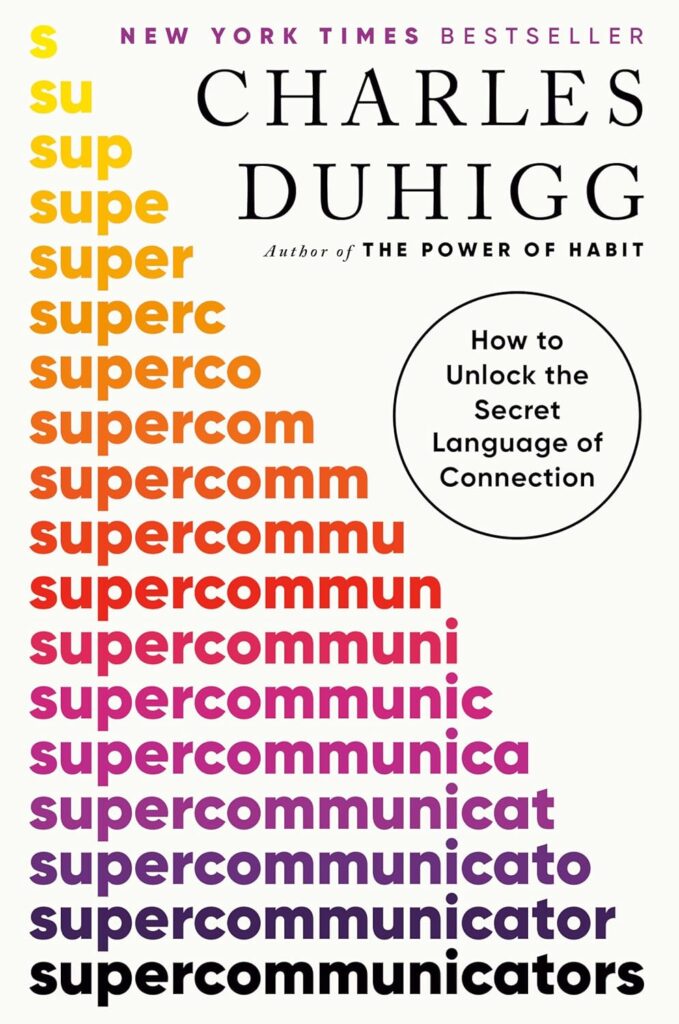Building instant rapport is an essential social skill that enables individuals to connect with others quickly and effectively. Whether in personal relationships, professional environments, or casual social settings, the ability to establish a connection can lead to more meaningful interactions and successful outcomes.
This article delves into the techniques and strategies for building rapport, providing actionable insights for enhancing your social skills.
Key Takeaways
- Understanding Rapport: Learn what rapport is and why it is crucial in various social contexts.
- Effective Techniques: Discover practical strategies for building rapport quickly and effectively.
- Application in Different Settings: Understand how to apply these techniques in personal, professional, and casual social environments.
Understanding Rapport
Rapport is a harmonious relationship in which the people or groups concerned understand each other’s feelings or ideas and communicate well. It is the foundation of effective communication and interaction, allowing for trust, empathy, and mutual respect to develop.
Building rapport involves a combination of verbal and non-verbal communication skills, active listening, and genuine interest in the other person.
Why Is Rapport Important?
- Enhances Communication: Good rapport facilitates open and honest communication, making it easier to share ideas and resolve conflicts.
- Builds Trust: Establishing rapport creates a sense of trust and safety, which is crucial for any relationship.
- Improves Collaboration: In professional settings, rapport among team members leads to better collaboration and productivity.
- Increases Influence: People are more likely to be influenced by those they have a good rapport with.
Effective Techniques for Building Rapport
1. Active Listening
Active listening is more than just hearing words; it involves understanding the message being conveyed. This means paying full attention, nodding, making appropriate eye contact, and providing feedback.
- Show Interest: Nod your head, maintain eye contact, and use verbal affirmations like “I see” or “I understand.”
- Reflect and Paraphrase: Repeat back what the other person has said in your own words to show you understand.
- Avoid Interrupting: Let the other person finish their thoughts before you respond.
2. Mirroring
Mirroring involves subtly mimicking the other person’s body language, tone of voice, and speech patterns. This technique can create a sense of familiarity and comfort.
- Body Language: If the person leans forward, you can do the same. If they use hand gestures, incorporate similar gestures.
- Tone and Pace: Match the tone and pace of their speech to create a rhythm in the conversation.
3. Finding Common Ground
Identifying shared interests or experiences can create an instant connection. This can be anything from hobbies, mutual acquaintances, or similar life experiences.
- Ask Open-Ended Questions: Questions that require more than a yes or no answer can help uncover common interests.
- Share Personal Stories: Relate your own experiences to the conversation to build a sense of camaraderie.
4. Empathy
Empathy involves understanding and sharing the feelings of another person. It is crucial for building rapport as it shows that you care about their emotions and perspectives.
- Validate Feelings: Acknowledge the other person’s feelings by saying things like, “That sounds really tough” or “I can see why you feel that way.”
- Express Genuine Concern: Show that you care about their well-being and are interested in their thoughts and feelings.
5. Positive Body Language
Non-verbal cues play a significant role in building rapport. Positive body language includes smiling, maintaining open posture, and making appropriate eye contact.
- Smile: A genuine smile can break the ice and make the other person feel at ease.
- Open Posture: Avoid crossing your arms or legs, as this can seem defensive. Instead, keep an open and relaxed posture.
- Eye Contact: Maintain appropriate eye contact to show interest and engagement.
6. Authenticity
Being genuine and authentic is crucial for building lasting rapport. People can usually tell when someone is being insincere, which can hinder the development of trust.
- Be Yourself: Don’t try to be someone you’re not. Authenticity builds trust and respect.
- Honesty: Be honest in your interactions and avoid exaggerating or fabricating stories.
7. Humor
Humor can be a powerful tool for building rapport, as it can break down barriers and create a sense of camaraderie.
- Light-Hearted Jokes: Use appropriate and light-hearted humor to lighten the mood.
- Shared Laughter: Laughing together can create a bond and make the interaction more enjoyable.
Applying Rapport-Building Techniques in Different Settings
Personal Relationships
In personal relationships, building rapport is essential for deeper connections and mutual understanding.
- Spend Quality Time: Engage in activities that both parties enjoy to strengthen the bond.
- Communicate Openly: Share your thoughts and feelings honestly and encourage your partner to do the same.
- Show Appreciation: Regularly express gratitude and appreciation for your partner.
Professional Environments
In the workplace, rapport can lead to better teamwork, increased productivity, and a positive work culture.
- Team Building Activities: Participate in team-building exercises to foster connections with colleagues.
- Open Communication: Encourage open and transparent communication within the team.
- Recognize Achievements: Acknowledge and celebrate the achievements of your colleagues.
Casual Social Settings
In casual social settings, such as networking events or social gatherings, building rapport can expand your social circle and create new opportunities.
- Be Approachable: Use open body language and a friendly demeanor to appear approachable.
- Engage in Small Talk: Start with light and casual conversation topics to break the ice.
- Follow-Up: After the initial meeting, follow up with a message or email to maintain the connection.
Building rapport is a vital social skill that enhances communication, builds trust, and fosters meaningful relationships. By practicing the techniques and strategies outlined in this article, you can improve your ability to connect with others quickly and effectively in various social settings.
FAQs About Building Rapport
What is the most important aspect of building rapport?
The most important aspect of building rapport is active listening. It shows that you are genuinely interested in the other person and value their thoughts and feelings.
How long does it take to build rapport?
Building rapport can take anywhere from a few minutes to several interactions, depending on the context and the individuals involved. Consistency and genuine interest are key.
Can you build rapport with anyone?
While it is possible to build rapport with most people, it may be more challenging with individuals who have vastly different personalities or values. However, using empathy and finding common ground can help bridge the gap.
How can I improve my rapport-building skills?
Improving rapport-building skills involves practicing active listening, enhancing your non-verbal communication, and being mindful of others’ emotions. Regularly engaging in social interactions and seeking feedback can also help.
Why is building rapport important in professional settings?
In professional settings, building rapport is important because it fosters trust, improves communication, and enhances collaboration. It can lead to a more positive work environment and better team dynamics.


